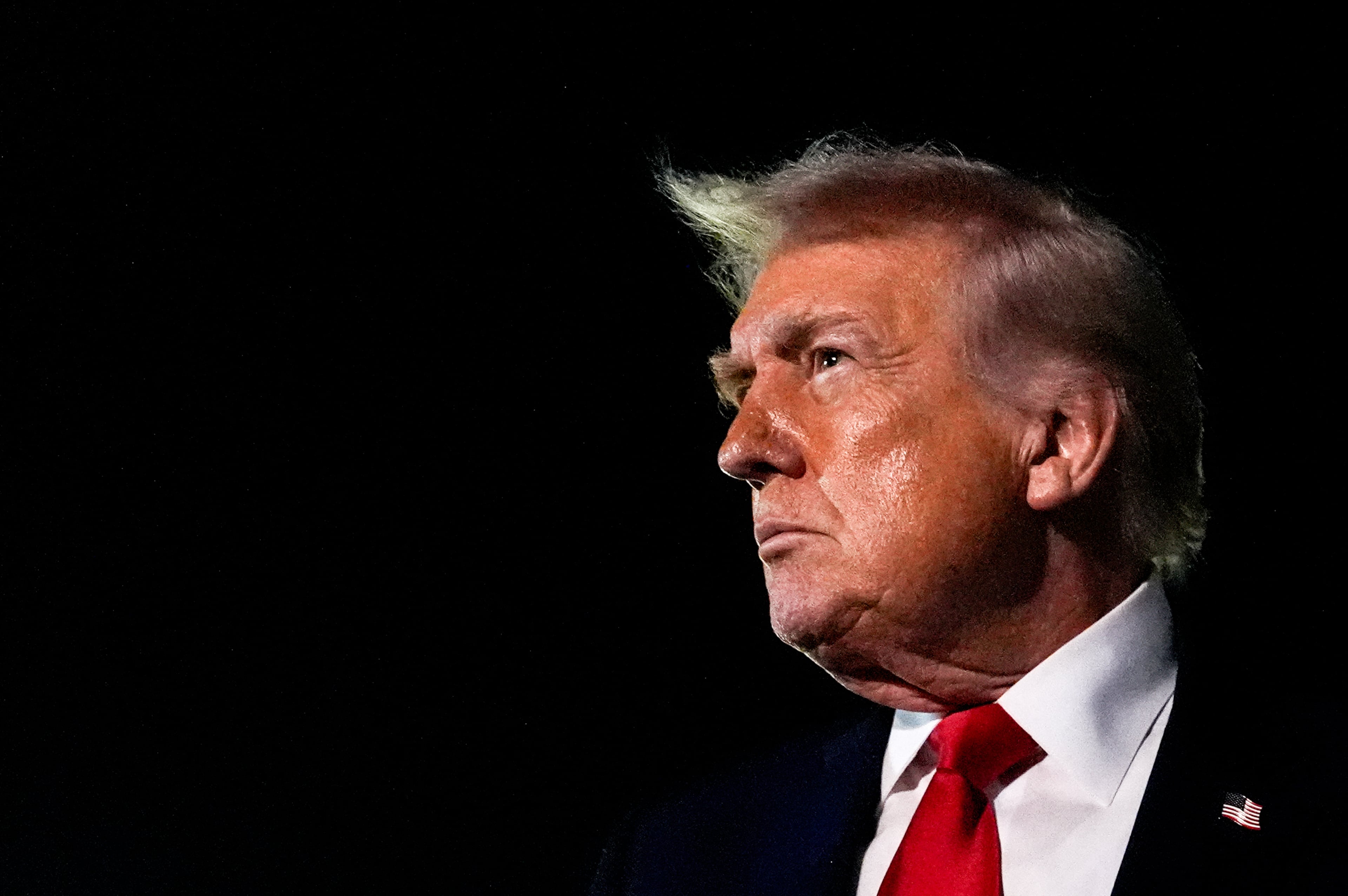Victory gives Georgia’s Deal four more years
Gov. Nathan Deal captured another term as Georgia’s leader on Tuesday in a convincing re-election victory over Democrat Jason Carter after a bruising and bitter clash of ideals over the state’s future.
The incumbent Republican won with a stay-the-course message and modest campaign pledges that centered on his economic record, which he said has turned Georgia into a jobs magnet. Throughout the campaign, he highlighted his four decades of public experience as a contrast with Carter, a two-term senator.
“We had a message that the people of this state accepted and understood,” the governor said. “And we think we did a good job bringing this state through very difficult times.”
Unofficial results from the Secretary of State’s Office early Wednesday show Deal winning the race with 52.8 percent of the votes. Provisional ballots had not been counted.
The victory was a rebuke to Democrats who hoped Georgia’s shifting demographics and stubborn jobless rate — the nation’s highest two months in a row — could help them reclaim the office after 12 years of GOP control.
But that didn’t work to Carter’s advantage. He finished with 44.83 percent of the unofficial vote, only better than the 43 percent that former Democratic Gov. Roy Barnes received against Deal in 2010.
Libertarian Andrew Hunt received 2.3 percent of the vote.
Carter told supporters in a speech late Tuesday night that he had called Deal to congratulate him on a “very hard-fought win.”
“I wished him the best and I hope that all of us succeed in making this state the great powerhouse we know it can be,” he said. “I would like to thank Governor Deal and Dr. (Andrew) Hunt for going through this tough campaign with me. While this isn’t the result we hoped for, we still have a giant amount to be proud of.”
Carter, a grandson of former President Jimmy Carter, struck a populist tone as he pledged to boost education spending and invigorate the state economy. But Deal hammered him during the closing months of the campaign, calling him a candidate of “no substance” who made empty promises he could not hope to keep.
The race for governor was a study in contrasts between Deal, a 72-year-old politician waging his last campaign, and Carter, a 39-year-old hoping to start a new political dynasty with a vow to bring a new focus on education and the economy to Georgia’s top office.
Deal, who long represented Gainesville in Congress, had all the built-in advantages of incumbency: a sizable fundraising edge, support from conservative out-of-state groups, a fervent base in Republican-rich North Georgia, and a willingness to use his executive power to bolster his re-election chances.
But Carter was able to gain traction. He leaned on his grandfather’s network to raise about $8 million — half the governor’s fundraising haul but enough to keep pace in the final months of the race. Carter also attracted large and exuberant crowds in the race’s final days with a message that “Georgia is ready.”
The Democrat’s campaign hinged on turning out minorities and left-leaning voters who typically skip nonpresidential elections while attracting more independent voters — particularly women — with his campaign vows. The governor relied on strong turnout from GOP bastions in North Georgia and solid support from white conservatives.
The two candidates were divided over many of the biggest issues of the day, but perhaps the sharpest was over education policy. Carter vowed a significant increase in education funding by cutting waste in state government and more vigorously prosecuting tax cheats. Deal, who promised more modest investments, claimed his rival couldn’t do so without raising taxes.
A federal report that ranked Georgia’s jobless rate as the nation’s highest pivoted the race toward the economy in the closing months. Democrats used the data to try to undercut Deal’s message that Georgia was the best place in the nation to do business, while the governor questioned the political motivation of the jobs report and dismissed it as a useless stat.
The race turned personal as Election Day neared. A seemingly endless series of negative ads paraded on TV depicting Deal as a greedy politician and Carter as a silver-tongued lawyer eager to follow in his grandfather’s footsteps. Deal called his rival a “ghost” with nothing to show for his four years in the Legislature; Carter painted the governor as a visionless caretaker.
There were also frequent attacks on Deal’s ethics. Carter tried to tie the governor to whistleblower complaints that claimed his office improperly interfered with an investigation into his 2010 campaign by the state ethics commission, an attack that a frustrated Deal denied.
Often on the defensive, the governor painted Carter as an expert in “Washington math” who would use a victory in Georgia as a springboard to the White House. Deal took every opportunity to highlight his criminal justice overhaul, which aims to keep more low-level offenders out of prison, as a bipartisan achievement that even Carter dared not criticize.
New challenges now loom for the governor, whose largely no-frills second-term agenda still presents daunting political obstacles. He vows to recalculate the state’s complicated education funding formula, a prospect no governor has achieved in nearly 30 years. And he wants to remake Georgia’s ethics commission, a difficult task in a polarized statehouse.
Deal, who is term-limited, will also have the added task of trying to impose unity among a fractious GOP. He handily defeated two Republican rivals who questioned his conservative credentials in the May primary, but now he must contend with jockeying among Republicans eyeing his seat as he tries to press his agenda.
On Tuesday, Deal relished in what he called his “surprisingly big margin” of victory and vowed to fulfill his campaign vows.
“It’s not an end. It’s the beginning of four more years,” said Deal. “And we’re going to follow through on our promises.”



